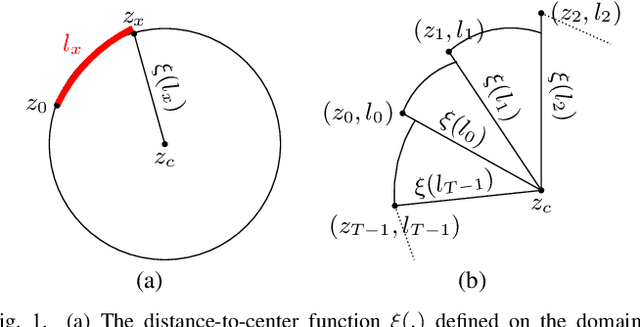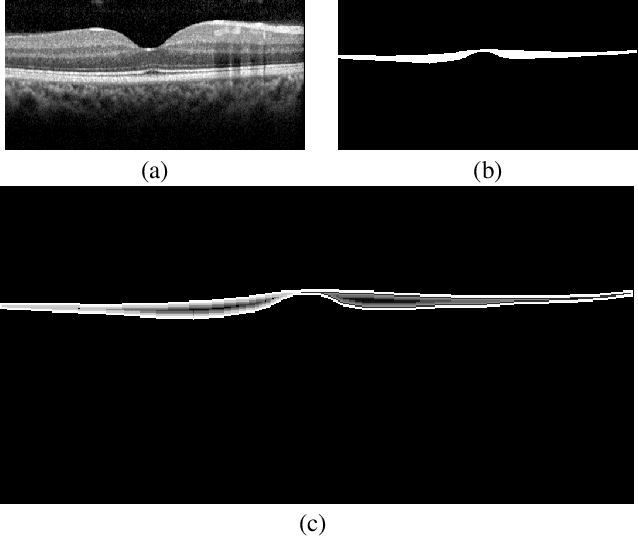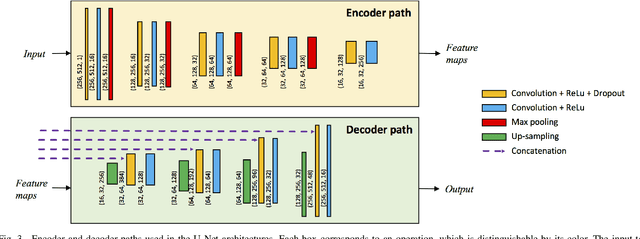Sevval Nur Bektas
FourierNet: Shape-Preserving Network for Henle's Fiber Layer Segmentation in Optical Coherence Tomography Images
Jan 17, 2022



Abstract:The Henle's fiber layer (HFL) in the retina carries valuable information on the macular condition of an eye. However, in the common practice, this layer is not separately segmented but rather included in the outer nuclear layer since it is difficult to perceive HFL contours on standard optical coherence tomography (OCT) imaging. Due to its variable reflectivity under an imaging beam, delineating the HFL contours necessitates directional OCT, which requires additional imaging. This paper addresses this issue by introducing a shape-preserving network, FourierNet, that achieves HFL segmentation in standard OCT scans with the target performance obtained when directional OCT scans are used. FourierNet is a new cascaded network design that puts forward the idea of benefiting the shape prior of HFL in the network training. This design proposes to represent the shape prior by extracting Fourier descriptors on the HFL contours and defining an additional regression task of learning these descriptors. It then formulates HFL segmentation as concurrent learning of regression and classification tasks, in which Fourier descriptors are estimated from an input image to encode the shape prior and used together with the input image to construct the HFL segmentation map. Our experiments on 1470 images of 30 OCT scans reveal that quantifying the HFL shape with Fourier descriptors and concurrently learning them with the main task of HFL segmentation lead to better results. This indicates the effectiveness of designing a shape-preserving network to improve HFL segmentation by reducing the need to perform directional OCT imaging.
 Add to Chrome
Add to Chrome Add to Firefox
Add to Firefox Add to Edge
Add to Edge